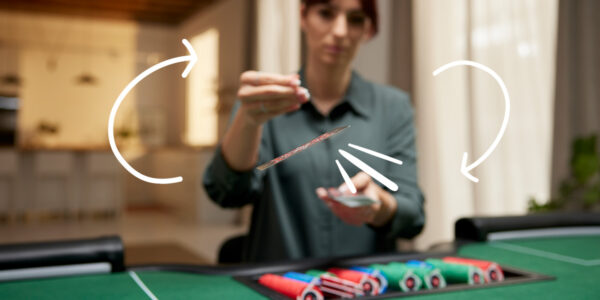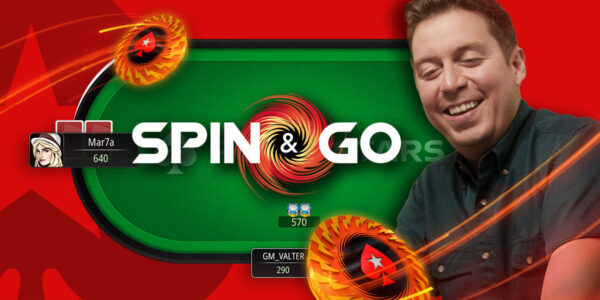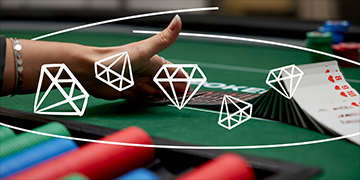Crushing Microstakes players with Highstakes Strategy
PokerStars Team Pro player Lex Veldhuis shares his tips for navigating through small-stack poker tournaments, using strategies from deep-stack tournaments where players typically have 50-100 big blinds. In this video, Lex analyses hands from a $1.10 freezeout tournament to illustrate key strategies for success, emphasizing how you can become a big winner on tables with small blinds.
Assessing Your Table Dynamics
Lex recommends constantly evaluating the stacks of players around the table. Even if you have 50-100 big blinds, playing against short stacks can force you into tough spots on some hands. Consider how your opponent’s stack sizes might impact your play and may force you to alter your playing style. Instead, he recommends sticking to playing the same way consistently.
Choosing Your Hands Wisely
Tighten your starting hand range, especially early on. With deeper stacks, mistakes are costlier, so limit speculative hands to protect your position. Lex emphasises the importance of knowing when to let marginal hands go to avoid further trouble or knowing when you can afford to see cheap flops, even with a strong table.
Applying Pressure with Position
Use your position to apply pressure, especially when your opponents show signs of weakness. On paired flops, for example, the big blind has a range advantage, so bet more aggressively. People will often see boards without picture cards or potential straights, as ‘dry’ and fold too easily, applying the pressure correctly here can put you at an advantage over your opponents.
Bluffing Effectively
Bluff when the board favors your perceived range, not just when your hand is weak. Look for opportunities where you can represent a strong range, like on paired boards where you might need to defend.
Adjusting Based on Your Opponents
Learn your opponents’ tendencies to tailor an adjustment strategy. For example, know that weaker players frequently overbet and view many boards as ‘dry’, so when they call, there is usually purpose. Call their large bets with strong hands, and you’ll often have the best hand at showdown. This is more common on low-stakes tables as players’ actions can appear ‘random’ compared to high-stakes strategy.
















